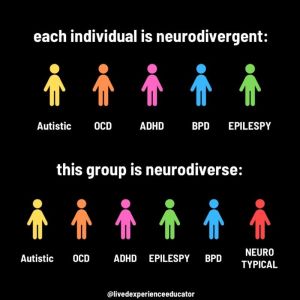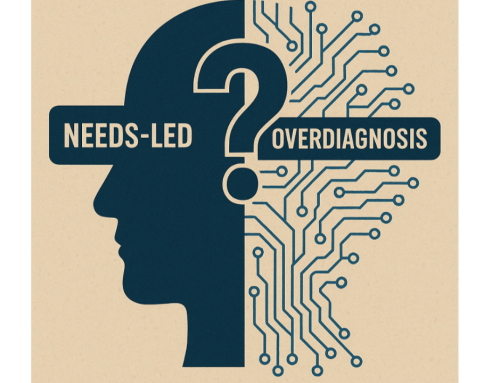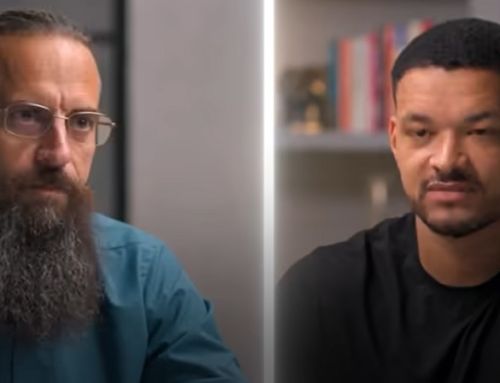 Sonny Jane Wise published a LinkedIn Post on organisations using neurodiverse and neurodivergent incorrectly. The post was interesting, and I appreciate her comments and viewpoint.
Sonny Jane Wise published a LinkedIn Post on organisations using neurodiverse and neurodivergent incorrectly. The post was interesting, and I appreciate her comments and viewpoint.
How do we use and define neurodivergent vs neurodiverse?
What was just as interesting, and possibly more relevant, was the host of replies and comments under her post, and I’d encourage you to read the post and the comments – I’d repost many of them. Still, with over 130+ comments, you should visit the post yourself. There is a lot of discussion around how we use inclusive language and a highlight on the different perspectives of people who label themselves as “neurodivergent” or “neurodiverse”.
Sonny is an Australian-based Keynote Speaker and Educator on Neurodiversity and the Author of We’re All Neurodiverse and The Neurodivergent Friendly Workbook of DBT Skills.
Extract from Sonny Jane Wise’s Post:
“I see a lot of organisations using neurodiverse and neurodivergent incorrectly, so I wanted to clarify the difference.
an individual is neurodivergent.
a group is neurodiverse.
neurodiverse refers to a group of people who all have different minds/brains in comparison to each other.
an individual cannot be neurodiverse because there is only one mind/brain and even if an individual has multiple neurodivergence, it’s still only one brain.
diversity refers to the variance in a population, place or group.
we need to use terms correctly because when neurodiverse or diverse is used to refer to an individual who is different from the majority, it reinforces the idea that the majority is the default.”
Sonny’s full post, along with the all-important 130+ comments in reply, can be found here.




